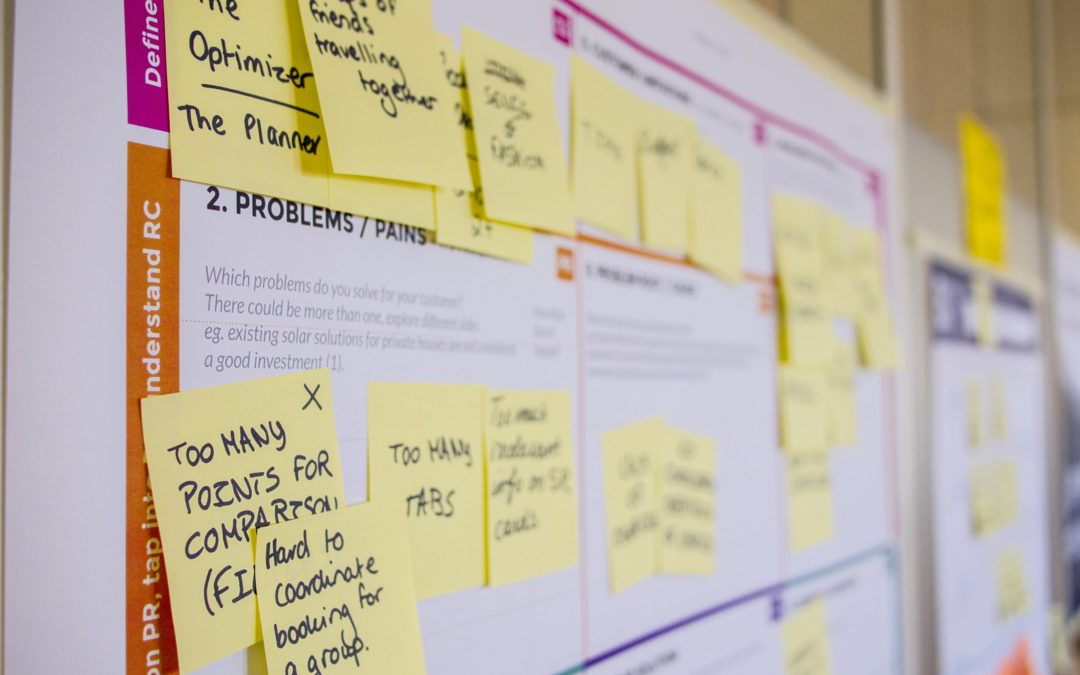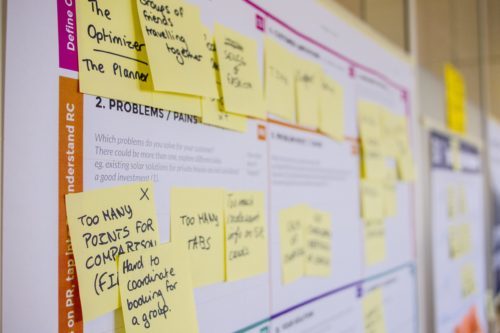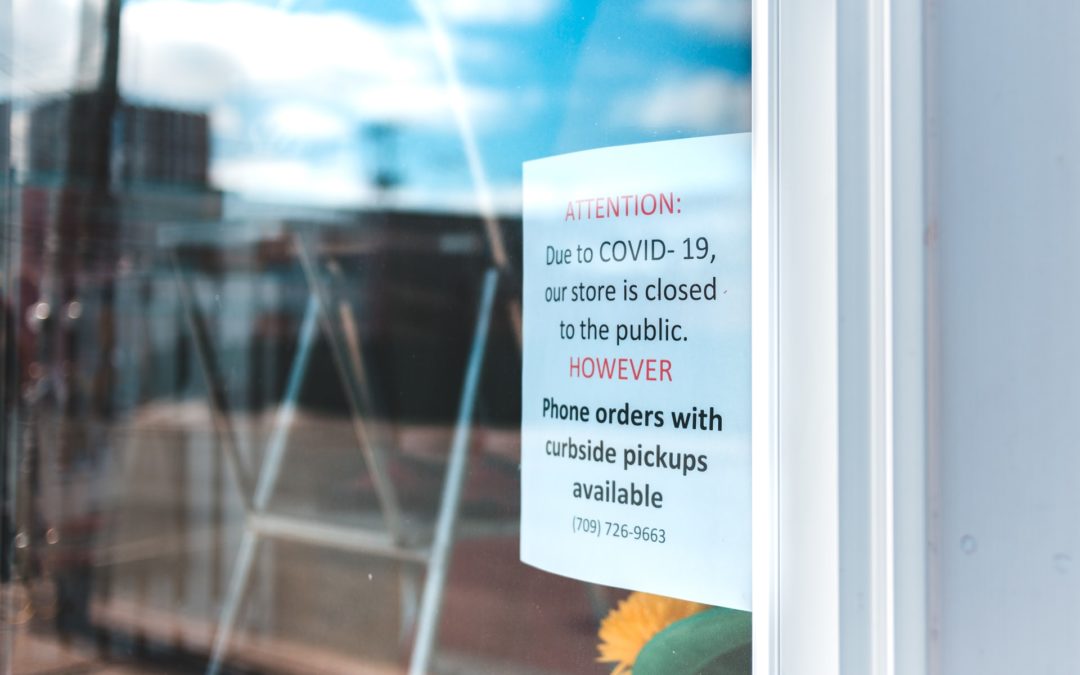About a week ago, members from the ICSB family joined together to create a pre-conference workshop for the upcoming AIM Digital conference. Winslow Sargeant, Vicki Stylianou, Ahmed Osman from the ICSB Board of Directors, and Andrew McDonald from the European Bank for Reconstruction and Development and myself entered into a discussion about the small business reality in the world today. Centering our discussion on the AIM Digital event, “Reimagining Economies: the Move Towards a Digital, Sustainable, and Resilient Future,” the conversation covered an array of topics. Today, however, in reflecting this Saturday, I would like to explore further the more significant notion of connection regarding the end of the status quo and the present and future of Humane Entrepreneurship.
The concept of empathy is bedrock and determinant of one’s ability to enact a culture of Humane Entrepreneurship. Empathy is, as noted in Kim et al. (2018), “the extent to which a company shares emotions and information with its employees.” We can extrapolate this idea from company to city, region, country, and the international community. We can imagine how organizations and individuals who value empathy might share and exchange with their colleagues in thinking about this definition. They might also practice transparency, care, and understanding for their customers and the communities in which they work and inhabit. To practice and work in an empathetic manner is to connect with those around us actively.
A significant purpose of empathy, as well, is that it is not the usage or implementation of empathy as a means of an end to greater wealth. Instead, it is the practice of being human, which includes being empathetic, which works virtuously with other humans to create something deemed as valuable for the world. That which is considered valuable then becomes something profitable so that it becomes something that works sustainably, cyclically, or continuously. When we can recognize the expansiveness of wealth, we will finally understand sustainability on a deeper level.
Sustainability is undoubtedly about generating money so that not firms can function entrepreneurially. They can ensure that their employees find themselves in quality and well-paying positions that care for them and their families. More broadly, however, sustainability is about creating sustainable patterns of interest and investment. We might ask the questions: “Are employees working in conditions that allow their creative and innovative humanity to shine?” or “Is this company able to adapt to change in a way that allows the company, their employees, the community (often including the employee’s families) to be sustainable?” Sustainability is genuinely a more significant connection of firms to their employees and communities and employees to their jobs, their families, their communities, and a greater consciousness that recognizes the humaneness in all people.
ICSB strives for this reality. Do we miss the mark sometimes? Of course. We are human, and failure is a natural part of the human experience. It is, however, our ability to adapt and evolve continuously that ensures our survival in recognizing what we value, our community of members, and ensuring their wellbeing and prosper, that we can overcome the failings of our missteps to continuously center the connection of this small business and entrepreneurship community.
At the end of our pre-conference workshop, I asked Vicki, Winslow, Ahmed, and Andrew for their rapid reaction to specific terms, one being Humane Entrepreneurship. Their reactions included the following: “social infrastructure,” “the new way of the economy,” “sustainable growth,” and “getting it done on an equal basis.” I believe that we can truly build a beautiful world when we allow the principles of Humane Entrepreneurship to guide our actions in our communities, nations, and world. Empathy and connection are the foundations of our human experience as they are and will continue to be even more so as the foundations of our entrepreneurial experiences.
It is here we will advance. It is here where entrepreneurship lies.
article by:
Dr. Ayman El Tarabishy,
President and CEO, ICSB and Deputy Chair of the Department of Management, GW School of Business









